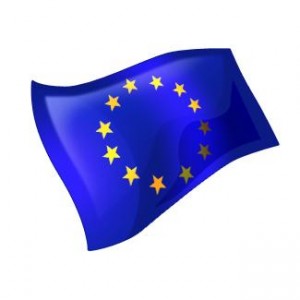Multilingual Policy of the European Union
 Globalization has effectively changed the scope and breadth of economic development throughout the world, pushing nations to find resolutions that would allow them to effectively integrate into the global economy. One of the most important examples of these resolutions for economic and even political integration is the European Union.
Globalization has effectively changed the scope and breadth of economic development throughout the world, pushing nations to find resolutions that would allow them to effectively integrate into the global economy. One of the most important examples of these resolutions for economic and even political integration is the European Union.
With an old and diverse multilingual heritage throughout the world, the European Community has adjusted well to the effects of increased globalization.
Representing an economic and political coalition of 27 member states, the European Union places multilingual policy as one of its most central themes.
With 23 official languages, the culturally and linguistically-diverse European Union has developed key strategies for cross-border communication, and serves as an important example of why learning a second language is vital in participating in today’s most fundamental business transactions and institutional functions. E.U. representatives understand that the language in which its policies and economic agreements are conveyed will affect their outcomes, and so they have dedicated strategies and resources that promote and foster linguistic diversity and cultural awareness for effective communication.
E.U. Policy dictates that foreign language education in public schools is considered paramount to regional objectives. Although responsibility of implementing language policy is allocated to the member states, the European Union does provide funding programs that promote language education and linguistic diversity.
According to the European Union website, E.U. objectives for “multilingualism policy” aim to:
- “Give citizens the chance of learning two languages in addition to their mother tongue from an early age.
- Create friendlier societies, where different communities and individuals engage in dialogue with one another.
- Strengthen the role of languages in improving employability and competitiveness.”
Multilingual policy can thus be promoted as an objective within today’s most important international businesses’ strategies. At Trusted Translations, we aim to help businesses achieve their multilingual objectives by providing extraordinary customer service and professional, high-quality language-related solutions that connect our clients to the world.
Reference: 2013. “Language in Specified Areas.” The European Commission. http://ec.europa.eu/languages/languages-of-europe/languages-in-specific-areas_en.htm
